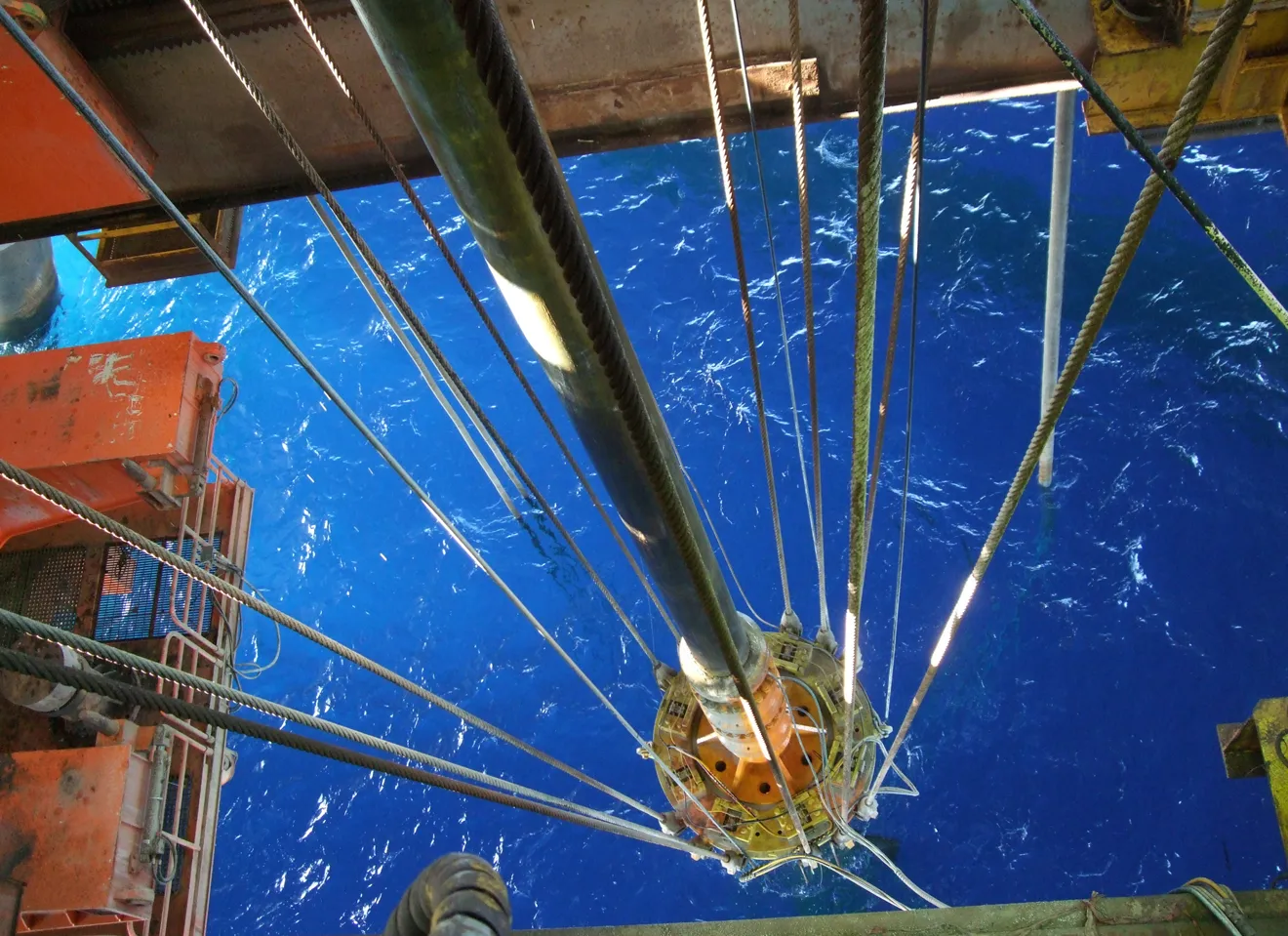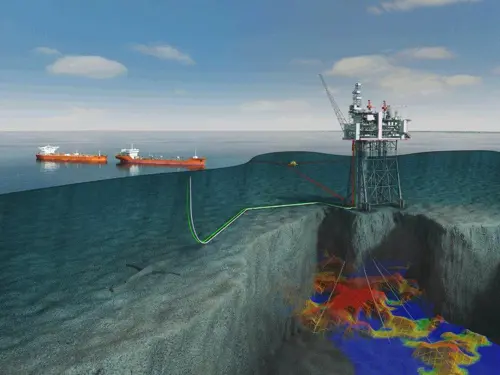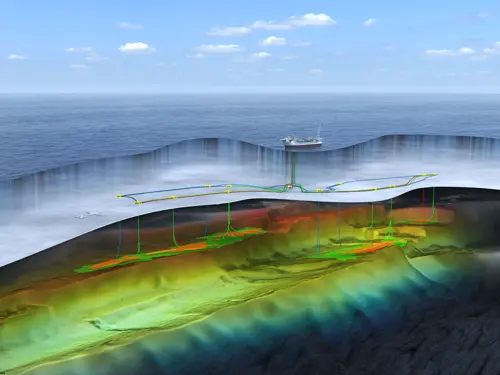
Kursinnsikt
Flow Measurement: New Regulations Bring Flexibility
This is how the government and the energy industry partnered for new regulations for oil and gas measurement. “Norway is unique”, says leading advisor in Equinor.
In the energy sector, precision is key. A small mistake in measuring can have significant consequences. That is why, for the past 20 years, operators have followed strict regulations.
Deviations from the norm often required special permissions. When doing multiphase measurement, which involves measuring oil, gas, and water simultaneously, operators had to seek permission for doing the measurements separately.
“This wasn’t an easy way to work”, says Vegar Ingdal Hansen, leading advisor at Equinor in fiscal, multiphase metering, and field allocation.
But now, times are changing.
Join the 41st Global Flow Measurement Workshop: The world's most prominent conference addressing flow measurement within oil and gas and renewable energy sources.
Based on Best Practices
The newly enforced Norwegian Measurements Regulations provide more flexibility, better use of new technology and are more in tune with the evolving dynamics in the energy landscape.
These changes were developed in collaboration between the Norwegian Oil Directory and the energy sector, drawing on industry best practices.
"What we have in Norway is unique. The dialogue with the Oil Directory has been close, and our needs have been met. The result is industry-specific regulations that make our daily operations more precise, profitable and sustainable", Hansen says.
The Evolution of a Revised Regulation
The idea of revising these regulations isn't new. However, it wasn't until the Summer of 2022 that the Oil Directory proposed a framework for new measurement regulations.
Along with industry partners, Equinor reviewed the proposal and suggested changes.
"Our main concern was related to retrofitting requirements. We estimated that updating our equipment under these conditions would cost between NOK 150-250 millions”, Hansen shares.
The Oil Directory took these concerns seriously, and initiated several meetings between the regulators and the industry, where they agreed upon a middle ground.
This middle ground involved the recognition of the earlier mentioned multiphase measurements, and a flexibility to approach these measurements on the operator’s terms:
"Data quality will remain high. And while the end goal remains the same, we now have more technological possibilities to reach that goal of precision. Because there's more behind measurement numbers than just one instrument. Now, we have the flexibility to choose the best tools for the job," he adds.
More Detailed Documentation
In exchange for added flexibility, the Oil Directory requires more detailed documentation. Operators must document their tools, methods, maintenance routines, as well as provide an uncertainty budget.
Hansen welcomes these requirements:
"Accuracy is our priority. More documentation means more precision. This all boils down to trust. The new regulations show the authorities' confidence in our ability to maintain accurate measurements. This mutual trust benefits us all”.
A Model for the Future
Hansen believes Norway is setting a global example.
Recounting an audit abroad, he states, "In Norway, a single technician oversees a fiscal operation. In different countries, I have seen multiple inspectors for each load."
While the path forward is promising, Hansen acknowledges upcoming practical challenges. From reshaping maintenance plans to liaising with the Directory on execution strategies, the journey will demand effort. However, with collaboration at its heart, the future looks promising.
“These regulations will empower both operators and regulators to make better decisions”, Hansen says.
Interested? Join us at the 41st Global Flow Measurement Workshop!



